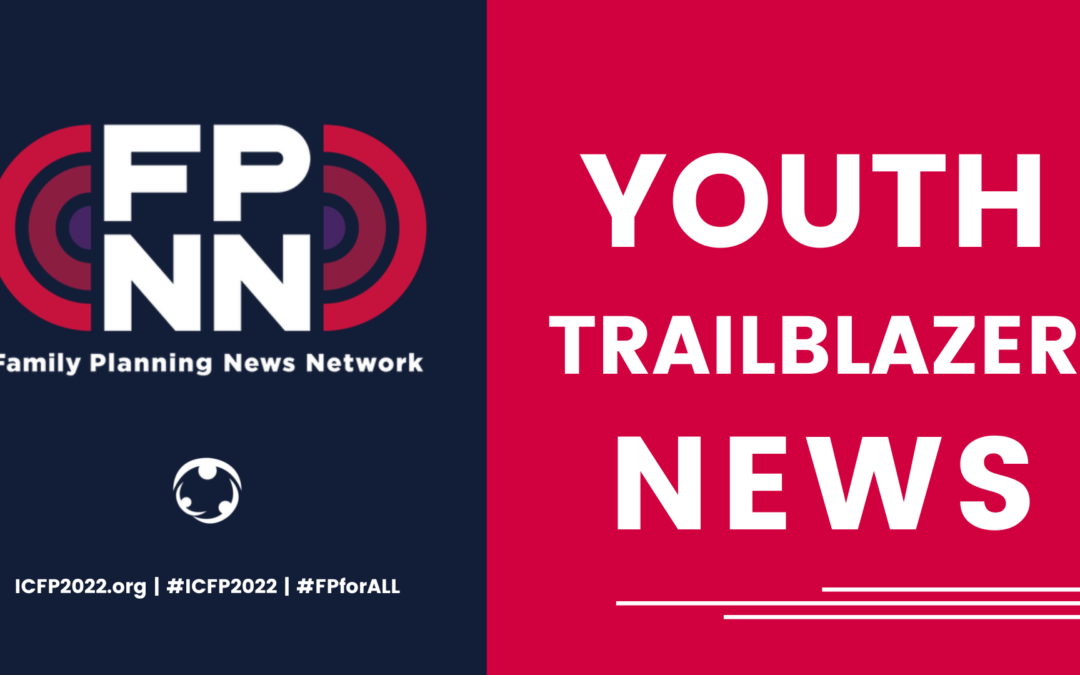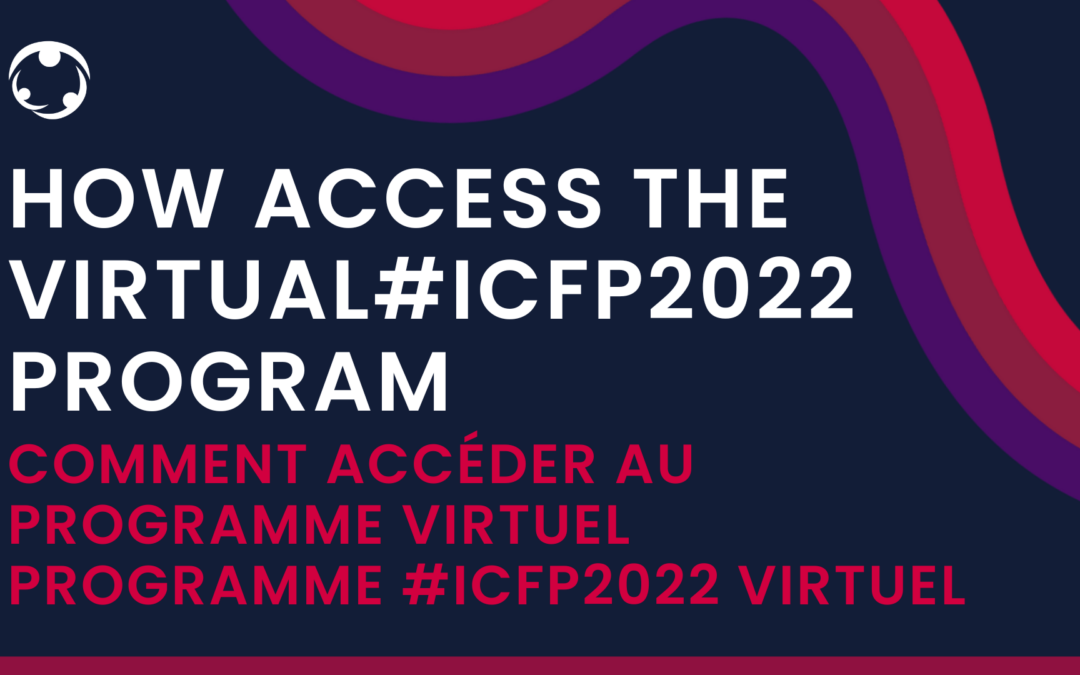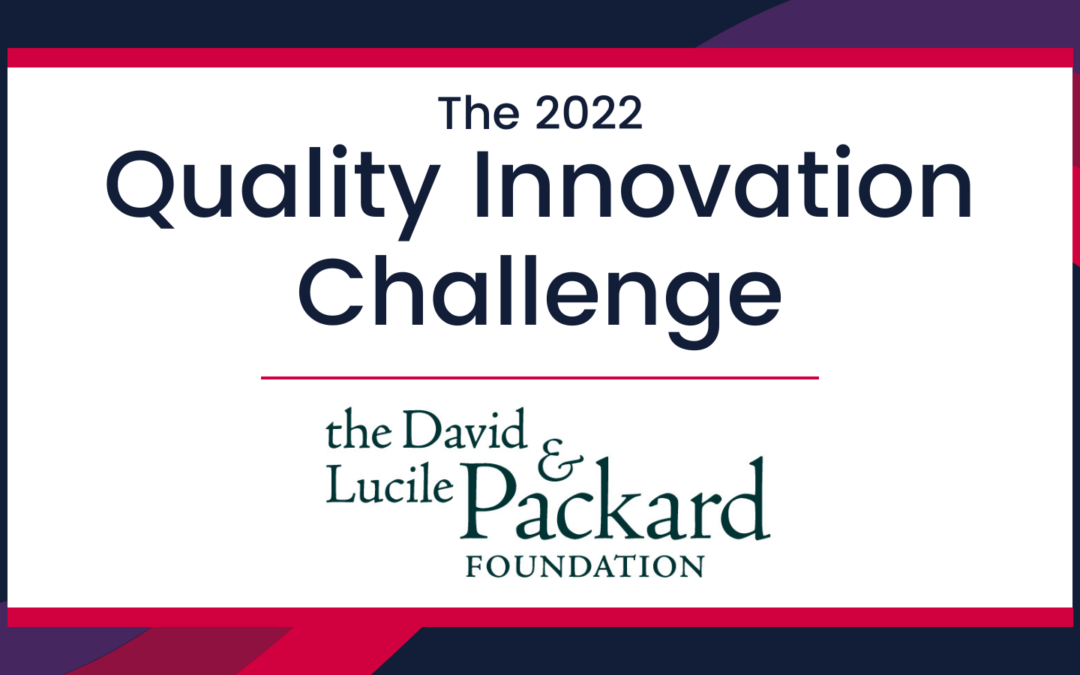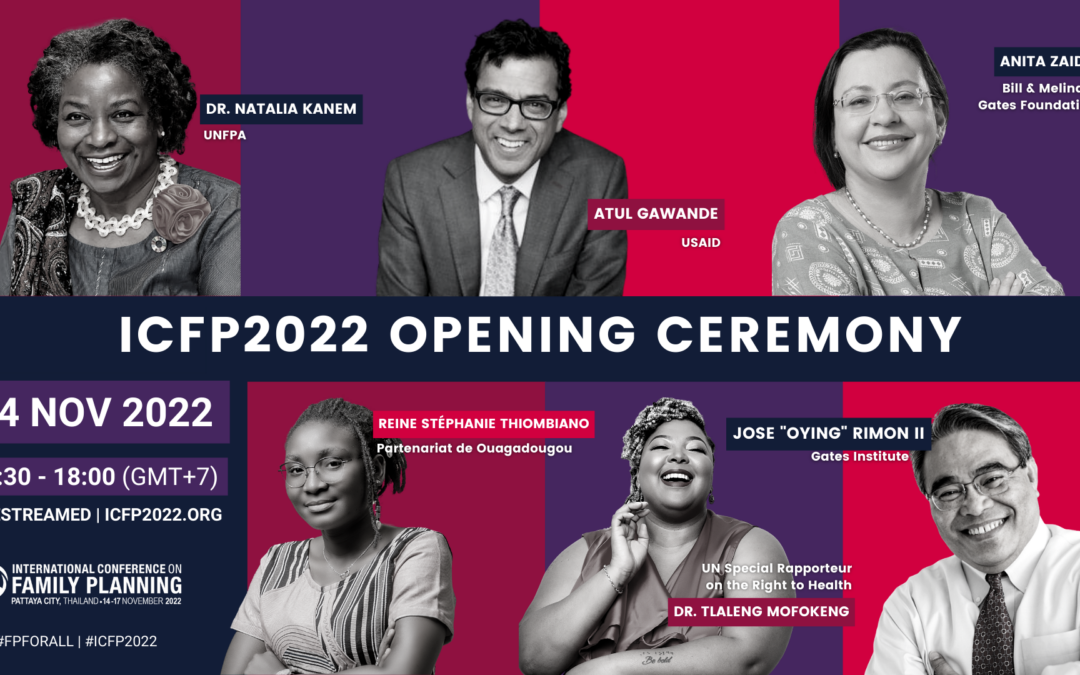Guest column by Caroline Roan, President, the Pfizer Foundation, and Marius Gnintoungbe, Health Program Initiative Manager, CARE
In the ever-changing global health landscape, we’ve learned that integrating health services makes sense. Offering communities multiple services at the same site during the same visit increases access to important health interventions, improves the efficiency of healthcare delivery, and respects the real-world demands on individuals and their families.
With this best practice in mind, the integration of family planning services with childhood immunizations is critical, as women in under-served communities may face an array of barriers to access these important services.
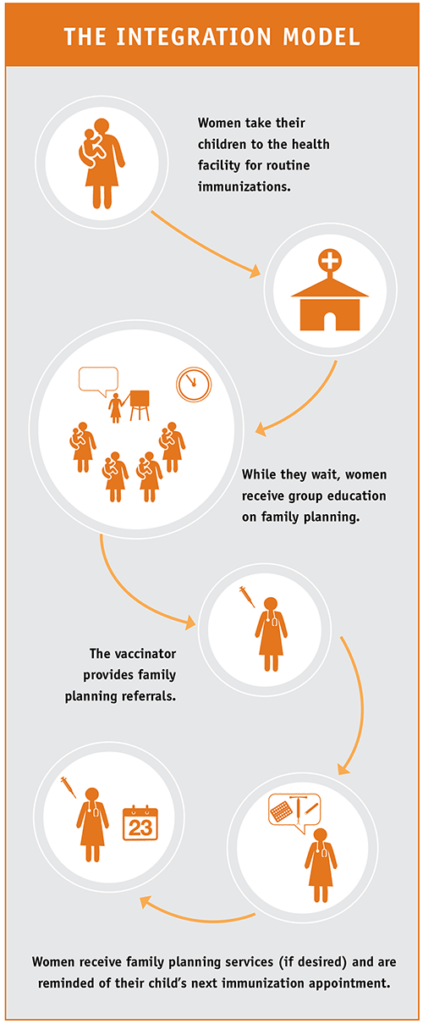 That’s why the Pfizer Foundation[1] and CARE are combining our collective expertise and resources to design integrated, forward-thinking solutions for women and children that are responsive to the needs of the communities in which they live.
That’s why the Pfizer Foundation[1] and CARE are combining our collective expertise and resources to design integrated, forward-thinking solutions for women and children that are responsive to the needs of the communities in which they live.
A Pilot Program in Benin
Benin has one of the world’s highest rates of unmet contraceptive needs and women here face many challenges in accessing family planning.[2] Misconceptions about family planning, social stigma surrounding contraception, culturally gendered expectations and practical barriers to reaching clinics can impede access to information and care. Further, only 35 percent of children in Benin are considered “fully immunized.”[3]
These challenges were the motivation that led the Pfizer Foundation and CARE to select Benin as a site to pilot an integrated health services program that merges family planning services with childhood immunizations, and measure its impact on women, children and the local communities.
Innovating for Local Impact
Through our program in Benin, we focused on a straightforward question: how can we best deliver education and care for family planning that optimizes local health capacity and helps women to make safe, confident health decisions?
The result: a three-year collaboration with the Benin Ministry of Health on “HIN NOU VIVO!” (“Wellbeing of the Family”), an innovative program delivering integrated services to women in the Adjohoun-Bonou-Dangbo health zone. Essential features of the program include strengthening the clinical skills of healthcare providers, providing family planning counseling and immunizations for children when women visit the clinic, and addressing the reasons women may avoid seeking contraception.
The impact of the program has been emboldening. To date, the uptake of family planning services in the program’s region has doubled, with more than 8,000 women opting to start a modern contraceptive method since the initiative began in 2016. More than 34,000 women have participated in education sessions when they brought their children for routine immunizations, which in turn has led to over 50,000 children receiving vaccinations. Beyond the numbers, staff have also reported more positive attitudes towards contraception and greater willingness among women to discuss their options.
Uncovering and Employing Key Insights
Encouraged by the success of the program to date, we are continuing to refine our approach to ensure the family planning services fulfill the needs of the communities.
For example, we discovered that the group educational sessions made women feel more at ease, but we also recognized the need for a systematic approach to preserving women’s privacy to make their own decisions. Therefore, instead of offering take-away information in the form of a handout, which may inadvertently communicate a woman’s choice to others, we implemented a system for women to visit the clinic again and share her preferences during a 1:1 session.
Another important learning from the project was managing the consistent and unavoidable turnover of trained healthcare providers in the local facilities. Instead of observing this as an impediment, we embraced the opportunity to expand the network of staff trained in this model of integrated services, thereby extending our reach and impact beyond the pilot region.
Looking ahead, we will include these insights as a part of our evolving global health strategy and continue our drive to build a robust, accessible integrated family planning and immunization model.
The Power of Partnerships
We are invigorated that this pilot program provides tangible evidence to support an integrated healthcare approach with family planning services in remote regions. To that end, the London School of Hygiene and Tropical Medicine conducted an independent evaluation of this program in Benin, as well as other Pfizer Foundation supported programs with the International Rescue Committee (in Uganda and Ethiopia), Save the Children (in Malawi) and World Vision (in Kenya). The insights from this study reinforce the success of the integration in increasing access to family planning and immunization services in local communities.
The Pfizer Foundation will continue to build on the powerful insights from these important programs with our partners, applying key learnings to drive and inform future collaborations. Public-private partnerships like this one reinforce the value — and the impact — of innovations implemented with local partners, and most of all, designed for the unique and vibrant communities we serve.
[1] The Pfizer Foundation is a charitable organization established by Pfizer Inc. It is a separate legal entity from Pfizer Inc. with distinct legal restrictions.
[2] Family Planning 2020. “Data and Measurement Hub: Global Data” Accessed September 16, 2018 from http://www.familyplanning2020.org/microsite/measurement-hub/hubdata
[3] National Center for Biotechnology Information. “Crude childhood vaccination coverage in West Africa: Trends and predictors of completeness” J. S. Kazungu and I. M. O. Adetifa. Accessed Octyober 10, 2018 from https://www.ncbi.nlm.nih.gov/pmc/articles/PMC5407439/

